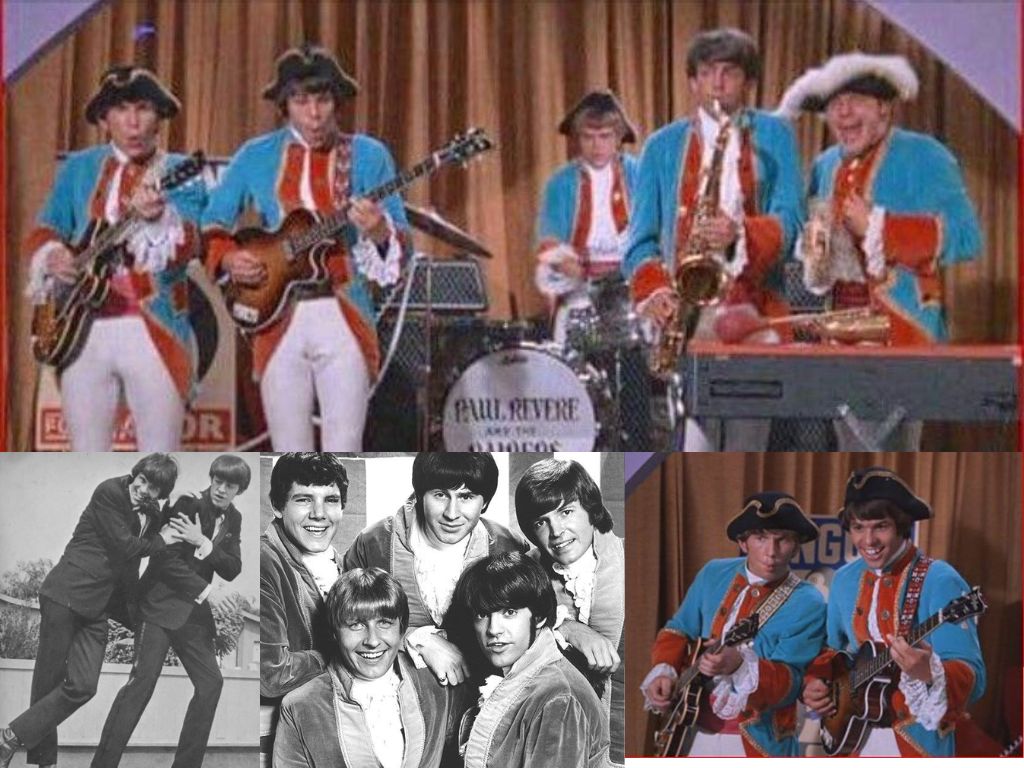
A poignant reflection on personal struggles and the hope for a brighter future.
In the mid-1960s, few bands embodied the upbeat, infectious energy of the American garage rock scene quite like Paul Revere & The Raiders. With their signature Colonial-era outfits and their charismatic frontman Mark Lindsay, they were a staple of teen-oriented television and radio, delivering hit after hit. Yet, for all their mainstream success and “action” on shows like Where The Action Is, there was a deeper, more introspective side to the band that often went unnoticed by the casual listener. This is where a song like “There’s Always Tomorrow” truly shines, an often-overlooked gem from their 1966 album, Midnight Ride. Unlike their big-name singles, this track didn’t chart as a single itself, but it holds a special place for those who dug a little deeper into their discography.
The story behind this song is a fascinating glimpse into the internal dynamics of the band. At the time, the Raiders were more than just Mark Lindsay and Paul Revere; they were a group of talented musicians with their own creative ambitions. “There’s Always Tomorrow” was a rare moment where those ambitions took center stage. Penned by guitarist Drake Levin and drummer Mike “Smitty” Smith, the song is a departure from the catchy, bubblegum-pop style of many of their hits. It’s a raw, folk-rock tune that showcases a more somber, reflective side of the band. The lyrics, with their Dylan-esque phrasing, paint a picture of quiet desperation and the universal yearning for a fresh start.
The meaning of the song resonates on a deeply personal level. It’s an anthem for anyone who has ever felt stuck, overwhelmed by the circumstances of their life, and longing for a way out. The lyrics speak to the feeling of being trapped in a life that feels out of your control, of watching the days blur into one another without any real sense of purpose. But woven into this melancholy is a thread of hope. The title itself, “There’s Always Tomorrow,” is a powerful, simple reminder that no matter how bad things get, there’s always the possibility of a new beginning. It’s a sentiment that speaks to the human spirit’s resilience, a quiet promise that even in our darkest moments, the sun will rise again. For those who grew up in the tumultuous 1960s, this song was a poignant reflection of a generation trying to find its footing in a rapidly changing world. It’s a song for the introspective moments, for the late nights spent wondering about what the future holds, and a reminder that even when things seem bleak, there is always hope on the horizon.